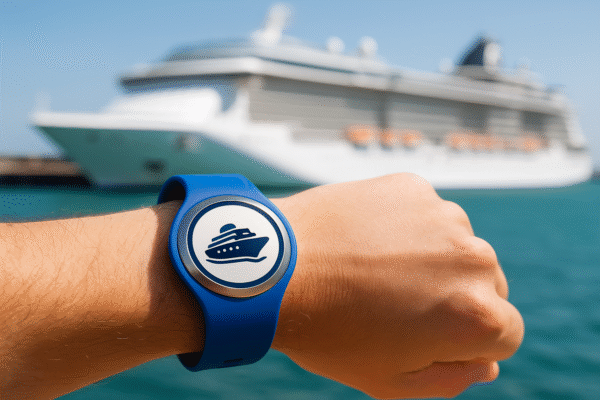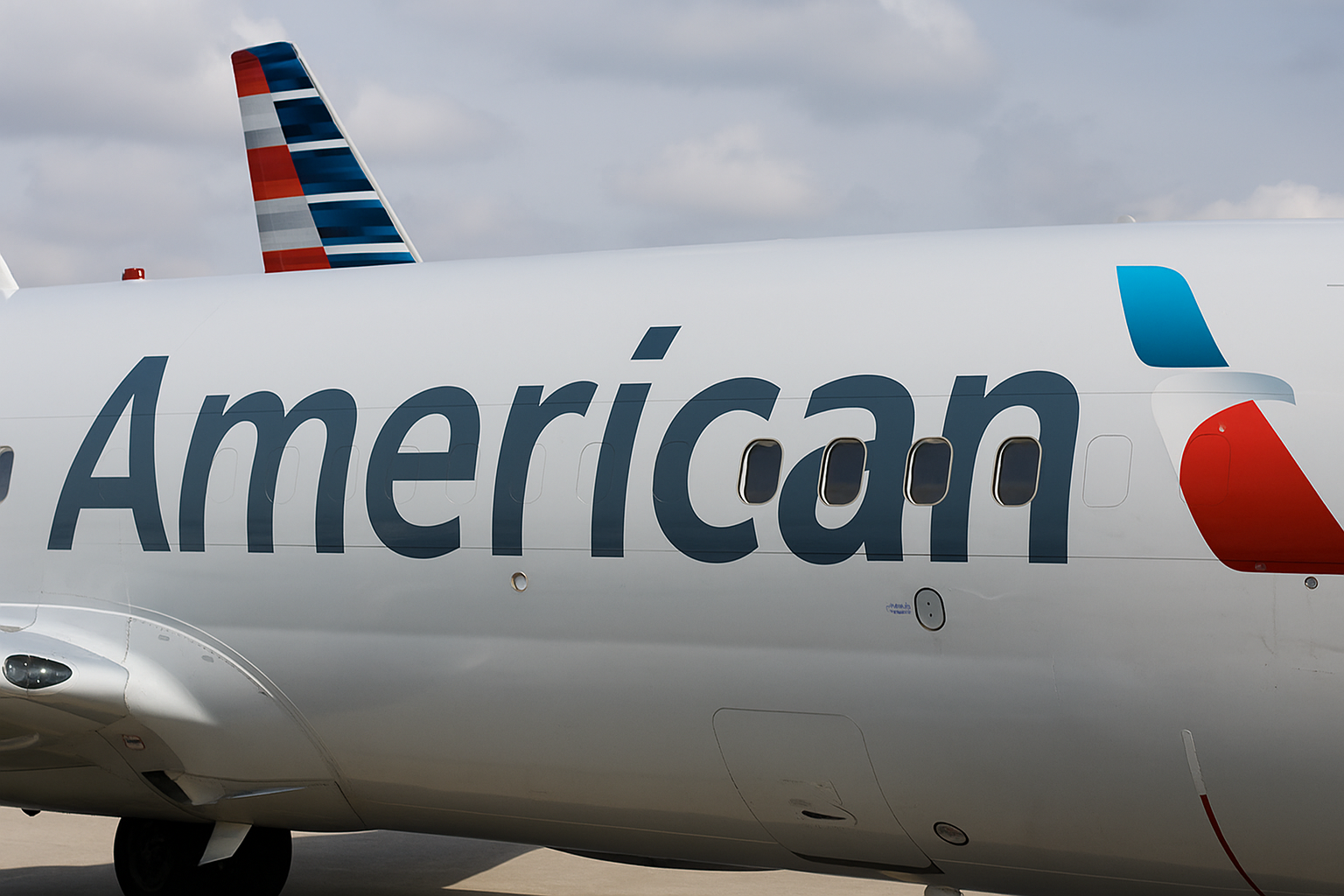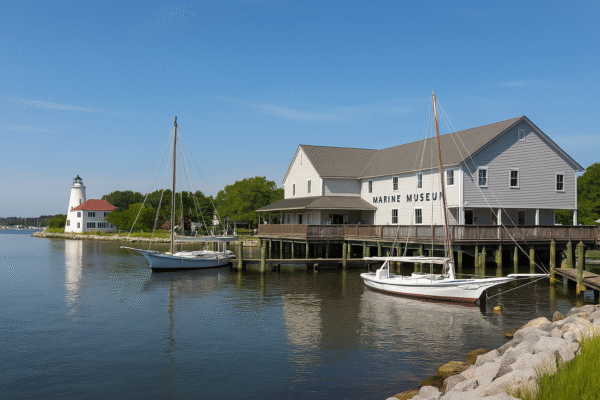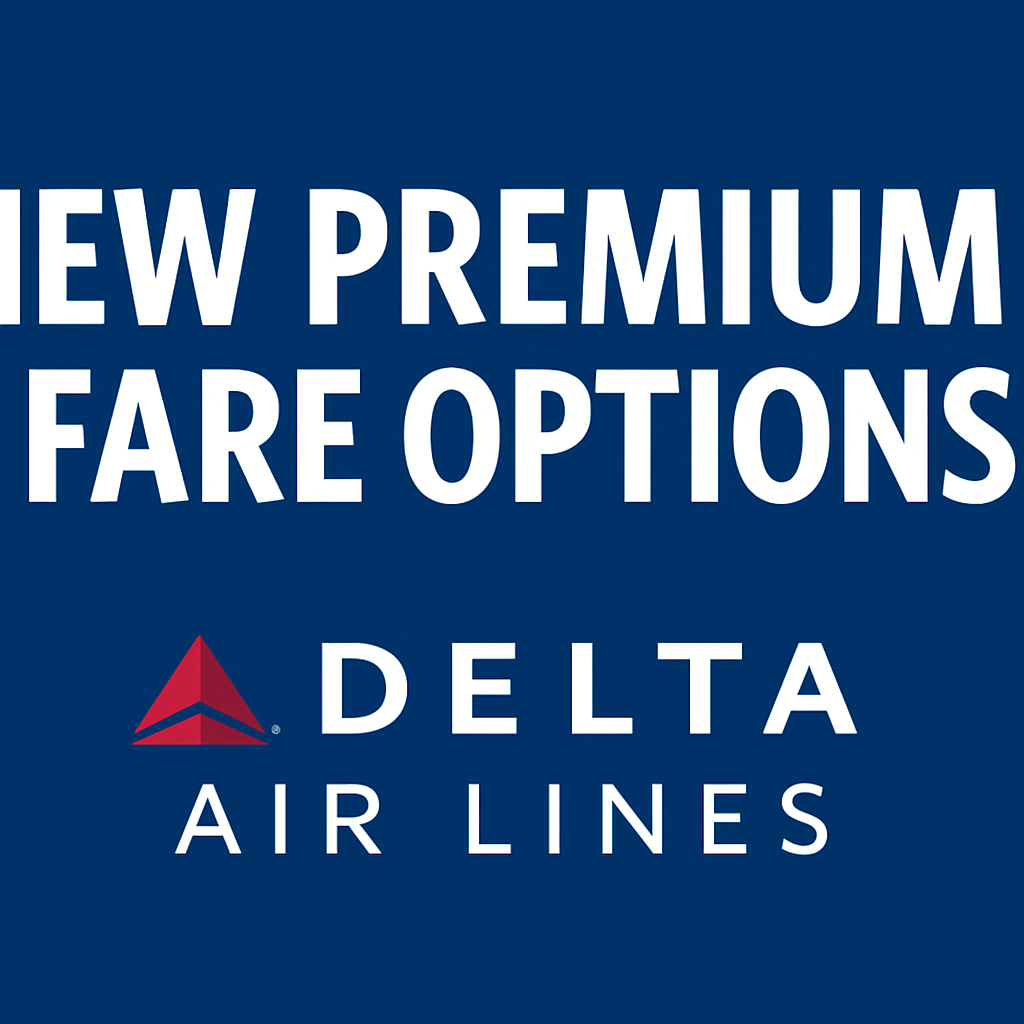The premium travel market is evolving rapidly, and Delta Air Lines is positioning itself to lead the change. With demand for high-comfort air travel growing worldwide, the Atlanta-based carrier is exploring new fare options designed to meet the needs of a broader range of travelers while maintaining its signature focus on service and quality.
Delta has yet to officially launch any new ticket categories, but the airline is testing ideas through customer surveys and focus groups. One concept under review is a lower-priced premium economy ticket that maintains the benefit of extra-comfortable seating but excludes certain perks like lounge access or priority seat selection. This option could appeal to travelers seeking a better onboard experience without committing to full business-class fares.
Premium Cabin Growth Outpaces Economy
Recent figures highlight the shift in consumer spending patterns. In the first half of the year, Delta generated $10.6 billion in premium cabin revenue, a 6% increase from the previous year. Meanwhile, economy class revenue fell 4% to $11.7 billion, underscoring the growing appeal of enhanced comfort and personalized service.
President Glen Hauenstein has emphasized that the airline’s strategy of segmenting its economy fares will now extend to premium cabins. This means tailoring seating, services, and pricing to meet the varied expectations of today’s travelers.
From First Class to Business Class Excellence
Delta’s plans align with an industry-wide transformation. U.S. carriers have largely phased out traditional first class on international routes, replacing it with expanded and more luxurious business-class cabins. These modern business-class seats feature lie-flat beds, direct aisle access, and enhanced privacy — amenities once reserved for first class.
Competitors like United Airlines and American Airlines have followed similar strategies, investing heavily in upgraded long-haul seating. American’s refreshed Boeing 787 Dreamliner cabins, for example, now include redesigned seats for maximum comfort, while United is enhancing its Polaris business-class product.
Innovations in the Premium Market
Delta’s international partner, Virgin Atlantic, has introduced innovative offerings such as the “Retreat Suite” aboard the Airbus A330 Upper Class cabin, which transforms into a private dining or meeting space. These kinds of innovations reflect a wider move toward making premium cabins more experiential, appealing to travelers who value exclusivity and personalization.
Balancing Price and Profitability
While a lower-cost premium economy fare could attract price-sensitive travelers, industry experts caution that profitability remains a challenge. Airline costs are high, and revenue growth often comes from bundling amenities rather than reducing fares. Delta will need to find the right balance between attracting new customers and maintaining healthy profit margins.
Focus on Cabin Refresh and Service Excellence
CEO Ed Bastian has acknowledged that even relatively recent cabin designs no longer impress today’s well-traveled passengers. Delta is therefore investing in continuous upgrades to ensure its premium cabins remain at the forefront of design and comfort. Enhanced materials, improved lighting, and advanced in-flight entertainment systems are all part of the plan.
Customer service will remain a key differentiator. Delta’s vision for its premium cabins goes beyond seating and amenities, aiming to deliver a seamless, personalized experience from check-in to landing.
What Travelers Can Expect
In the coming years, passengers can expect more options tailored to specific travel styles and budgets. Whether through a new tiered premium economy, enhanced business-class suites, or additional on-board services, Delta aims to cater to the growing segment of travelers who prioritize comfort and convenience.
The airline’s efforts reflect a larger trend in the aviation industry — one where premium travel is no longer defined by a single standard but by a range of options designed to meet diverse expectations. As the market evolves, Delta’s strategy of offering flexible premium products could set it apart from competitors.
Conclusion
Delta Air Lines is charting a course toward a more personalized and flexible future in premium air travel. By exploring new fare structures, upgrading cabin designs, and maintaining its focus on customer service, the airline aims to secure its position as a leader in the premium travel sector.
For business travelers, leisure passengers, and anyone seeking an elevated flying experience, Delta’s evolving approach promises to make premium travel more accessible — without compromising the quality and service the airline is known for.
For more travel news like this, keep reading Global Travel Wire















